Simply unlucky: we shouldn't give up on Huawei so easily
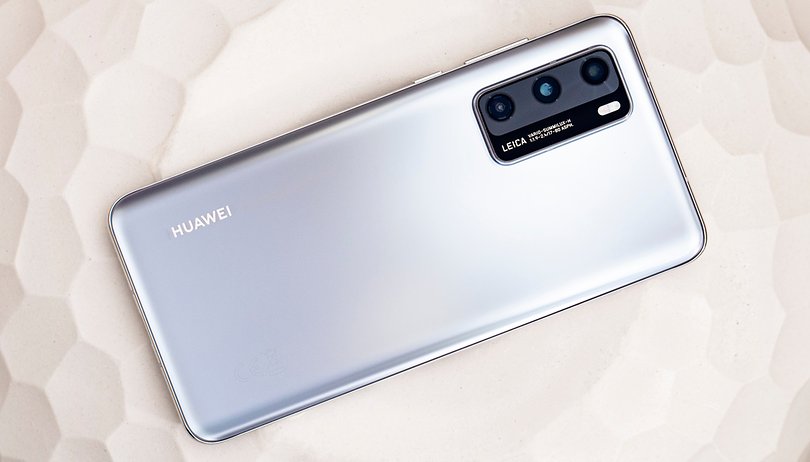

A good camera, a powerful battery, and hardware that packed in a nice chassis. At first glance, Huawei smartphones seem to be destined to dominate the Android smartphone market. If, and only if, it weren't for missing out on Google Mobile Services. In my humble opinion, we should not write Huawei off so quickly because of this.
On paper, it does sound as though this is one of the biggest problems that one can face in the technology world. After all, an Android-powered smartphone is meant to run with Google's range of services and software - doing so without Google Mobile Services sounds like suicide. It is considered as heretical in nature, an idea that not many users can warm up to. Surveys have shown that most people are not willing to give up on Google Mobile Services on their Android-powered handsets, especially when the alternative system continues to struggle with teething problems and especially a lack of decent, alternative solutions. However, we should not give up on Huawei's AppGallery just yet.
- s it actually workable?
Google: thou shall not have any other mobile service besides me
The smartphone world is quite simple in principle. There are two major players that have their own passionate communities: Apple disciples and Android believers. Those who have not jumped aboard the Apple bandwagon and are tied down to Android smartphones are inevitably subjected to Google-ism. And it is not a small number, mind you, taking into consideration how Android boasts of a market share of 72.3 percent among the mobile operating systems used worldwide. (Statista)
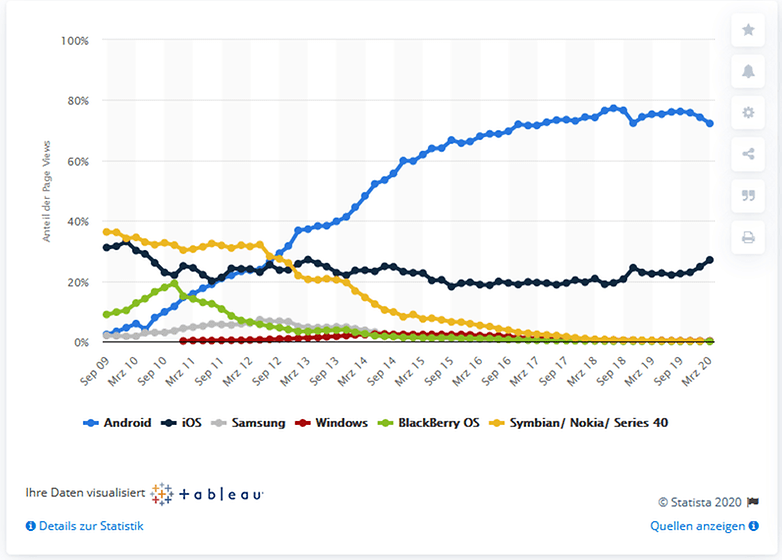
The company preaches a high degree of individualism with a wide range of possibilities to customize the smartphone according to one's own wishes. However, this is only possible if you follow the path of the revered Google Mobile Service (GMS). In fact, over the last few years, Google has developed Software Development Kits (SDK) and Application Programming Interfaces (API) that make it easier for developers to create programs and apps while linking them to Google services: including sharing services that connect to Google Maps in order to display vehicle locations.
At the same time, however, the close interconnectivity of an ecosystem makes it almost impossible for a manufacturer like Huawei to compete in the smartphone world. Many of the apps that have been developed currently work only within the GMS environment. This is a problem that Huawei has to contend with.
Crisis of faith: without Google it won't work, or will it?
Yes, Huawei continues to use the Android operating system for its smartphones. However, due to circumstances surrounding the trade war, Huawei can no longer work with the GMS platform. As a result of the US embargo, the Chinese company is unable to receive Google licenses and finds itself in a difficult position due to the degree of Google services and applications that Android smartphones rely on. In order not to withdraw completely from the smartphone market, the Chinese company is working intensively on its own platform known as AppGallery, or Huawei Mobile Service (HMS).
What Android users miss are tried-and-tested Google services such as Gmail or the Play Store. Even if Huawei already has well-known brands such as TikTok or Amazon in its AppGallery, it will only be on par with the Play store if the app developers are willing to pour resources into developing software that is compatible with AppGallery. In order to facilitate this, Huawei has offered developers via HMS Core, corresponding APIs and SDKs, although it is difficult to predict that these APIs and SDKs are robust and sees enough widespread use among developers compared to what Google offers.
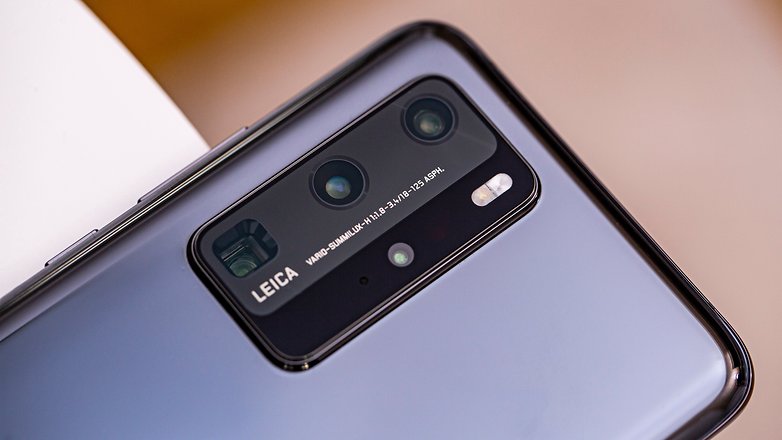
Before we write Huawei off, we should remember that we are looking at it from the Western world's perspective. If we take a look at China, Huawei is doing quite well in its home market. In that part of the world, Huawei carries a smartphone market of up to 38.5 percent in Q4 2019, well ahead of companies such as Apple, which clocked up a market share of 14.4 percent (Statista).
Looking at it from the commercial point-of-view, I find it difficult to believe that app developers will only focus on purely Western markets. Just to be able to continue selling apps in the Eastern market with the opportunity to open up a new user base, some of the better-known app developers are willing to do business with Huawei. Google, too, remains unlikely to be willing to put all of its eggs in a single basket by solely relying on its dominant position in the West. This is also in the light where Huawei has skilfully avoided the US ban with new editions of older models (the Huawei P30 Pro New Edition comes to mind), and is far from being ousted from the smartphone market. Hence, Huawei is by no means at the end of the road.
Ultimately, the question arises as to how both parties can come closer together to achieve a win-win situation despite the US embargo.
The unraveling of a single smartphone religion
Even with the US embargo, Huawei is still a force to be reckoned with, one that Google takes seriously. It is not for nothing that Google kept on trying to obtain special permissions in order to continue issuing licenses to Huawei. In turn, Huawei's new editions of older smartphone models also show that the Chinese brand is well aware that sales are virtually impossible in the Western market sans Google.
The two companies really don't have that many possibilities of getting back together. Huawei, for example, does not seem to be able to leave the US ban behind them in the near future. But even if an agreement is reached and Google is allowed to issue licenses again, it remains to be seen whether Huawei will once again wholly submit to GMS.
I admit that I have thought a long time about how these two giants can finally work together again, and I have to agree with Shu. He pointed out that it would help both parties if GMS could be offered as an app in the AppGallery. This way, Google could take the first step in reconciling with the Chinese market through Huawei's support. At the same time, Huawei could use Google Mobile Services in parallel with HMS/AppGallery in order to quickly offer apps that were designed for GMS without having to go through the Play Store. It seems to be a win-win situation that makes make sense to me, assuming the US authorities would not get in the way.






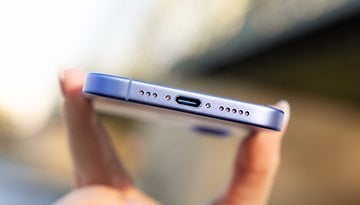
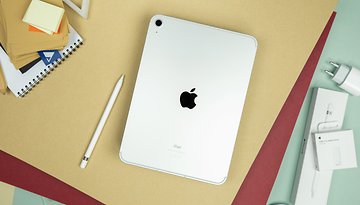
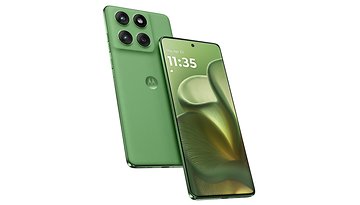

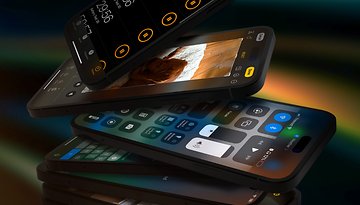



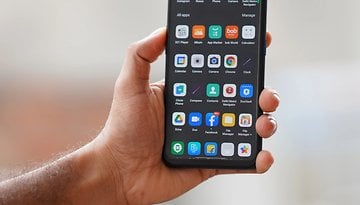


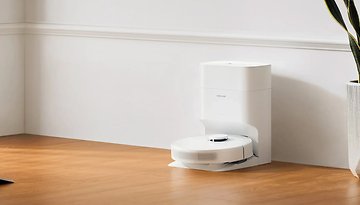


This is a company controlled the by the government that infected us with the Corona virus. We don't need to spend money for their product.
You don't understand, not the phones themselves, but the way they are pushed in the user's face is the problem. Very aggressive creatives have repelled many of their sympathetic users, especially in the world of Android. We liked how they said "We're better than the iPhone", but we hated "Why don't you wait for the Huawei P ..." while looking for cases even ...
-
Admin
May 14, 2020 Link to commentThe phones are good. Just give them time. Chinese are patient and in the end they get things done
Their individual pieces of hardware are good, but they have shoddy assembly practice and don't make long term devices. Their connectors routinely fail early for example. While Apple may aspire to a wireless only existence, the tech for that is too slow and too insecure. That model is mostly driven by cloud services as a revenue stream. I won't pay to use my data. Huawei forces you there from crap construction instead
You don't know what you're talking about. Great construction, and they last. Still have two, fully working, and one is 9 years old( use it as a security camera now). The other is almost 4 years old, toyed with ( rooted rommed, extensively tweaked) and has never stopped working, or get stuck in a Bootloops. They're strong phones, more durable than Sammy's or hot Bootloops LG's.
All the ones in my household have failed early at the ports.
And Huawei no longer allows unlocking the bootloader.